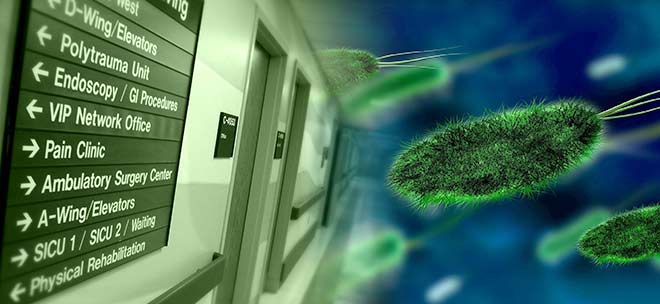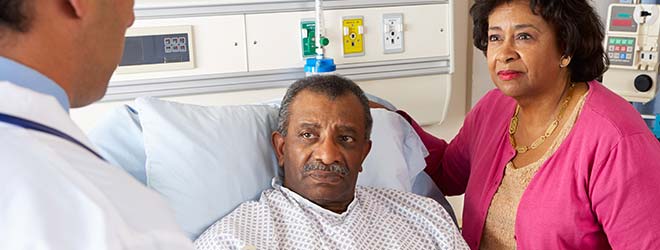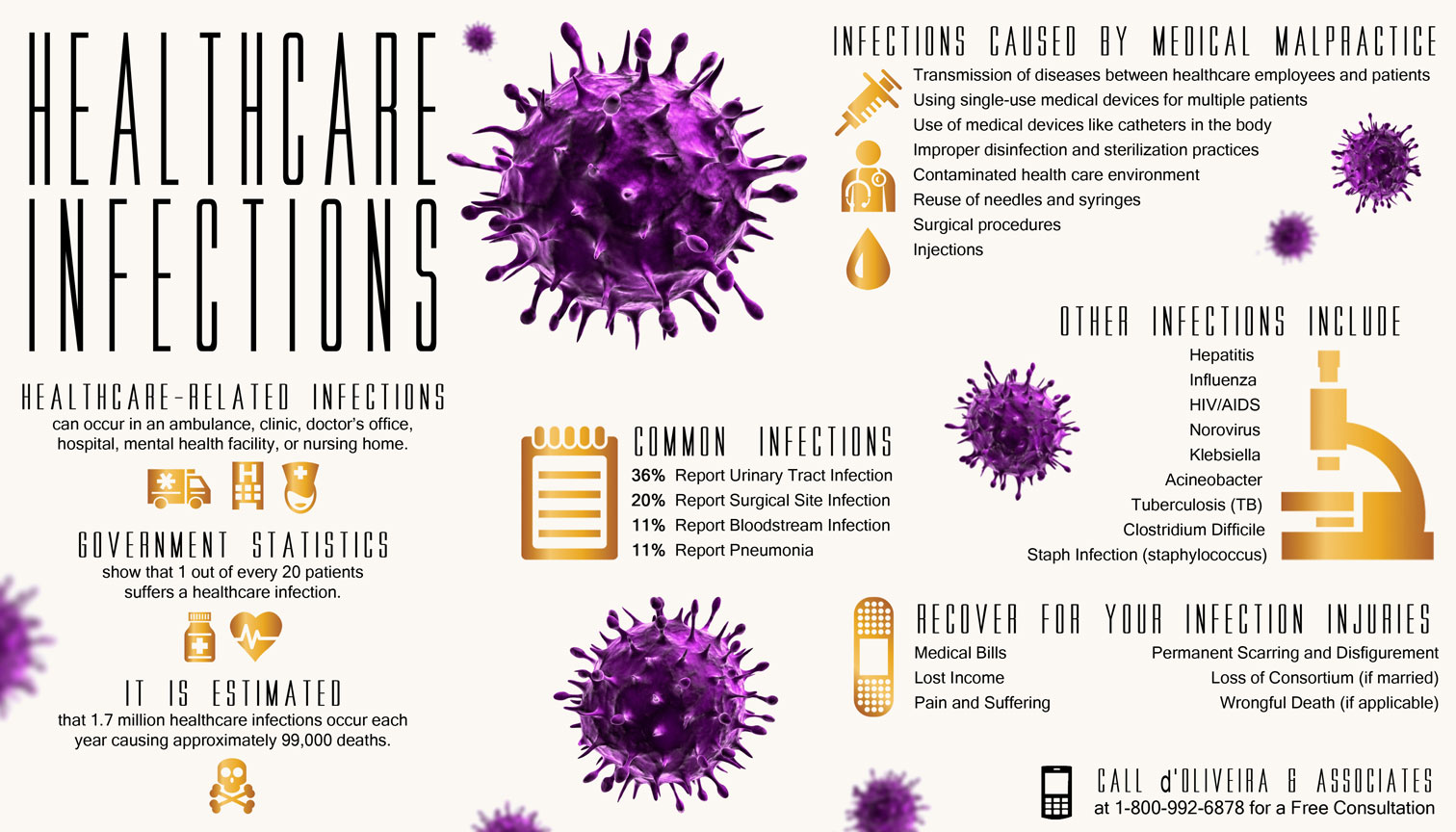
When an individual decides to go to a hospital for medical care, they expect to get better. Regrettably, there are many instances in which patients actually become even more sick after entering the hospital. To make matters worse, the simple act of washing one’s hands could have easily prevented the patient from experiencing this declining state of health. When hospital staff members fail to wash their hands, patients are at risk of getting potentially fatal hospital-acquired infections (sometimes referred to as HAI).
Resources for the Future, a think tank (company or group that conducts research and reports their findings), recently published a study in the Archives of Internal Medicine journal that showed avoidable hospital-acquired infections killed 48,000 American patients in 2006 alone. To put this number in perspective, Americans are three times more likely to die from a hospital-acquired infection than from HIV. The researchers examined 69 million discharge records from 1998 to 2006. The records were taken from various hospitals in 40 states. To ensure their data represented only hospital-acquired infections, the researchers excluded from their study any infections that were present before hospital admission. The study also showed that these infections increased health care costs by a staggering $8.1 billion dollars. The researchers conducting the study paid particular attention to two common hospital-acquired infections, sepsis and pneumonia.

The study concluded that patients who developed sepsis (a blood infection) remained in the hospital for an extra 11 days. The approximate cost to treat each person’s sepsis infection was $33,000. Although the additional cost associated with treating sepsis is already troubling, the number of people who die from this infection is frightening. Almost 20% of patients with sepsis die. Similarly, the research data on pneumonia indicated that patients would remain hospitalized for an additional 14 days, with costs totaling to approximately $46,000 per patient. Furthermore, 11% of patients died from the pneumonia infection. The most common types of hospital-acquired infections include urinary tract infections, surgical-site infections, sepsis, pneumonia, and MRSA (Methicillin-resistant Staphylococcus aureus).

The best way to treat hospital-acquired infections is to stop them before they happen. Specifically, there is one proven method for preventing hospital-acquired infections that is both easy and straightforward: hand-washing. Hospital staff members should practice good hygiene and follow sanitation guidelines. They should wash their hands before treating different patients. Also, hospital personnel should only be using sterilized equipment on patients. Furthermore, any physician or doctor examining a patient should be encouraged to wear gloves. If hospital staff members were to practice all of these precautionary measures, infection rates would be greatly reduced. With a simple solution being available, there is no excuse for hospital staff negligence that could lead to such dangerous consequences.
Although we would like to think that hospital staff members always take the necessary steps to keep patient safety a number-one priority, the reality is that patients cannot rely solely on the hospital staff to do what is right. Patients and their family members can also help prevent hospital infections. Before even deciding which hospital to visit, a patient should ask their doctor how often bloodstream infections occur there. Patients should also ask if all staff members are required to wash their hands before entering the room. Another helpful preventative measure is for a patient with a catheter to ask daily if their catheter can be removed because catheters are a common risk for infections. Also, patients should try to ensure that before any staff member touches their catheter, they wash their hands.
As disturbing as it may be, patients should be aware that when they check into a hospital for even minor medical treatment, they might be putting themselves in harm’s way. Although hospital-acquired infections are very dangerous, they are not unavoidable. By simply washing their hands, the hospital staff can do what they are supposed to do, save lives.
For more information on Medical Malpractice or to contact an attorney call our law firm anytime at 1-800-992-6878 or fill out an online contact form for a free legal consultation.



